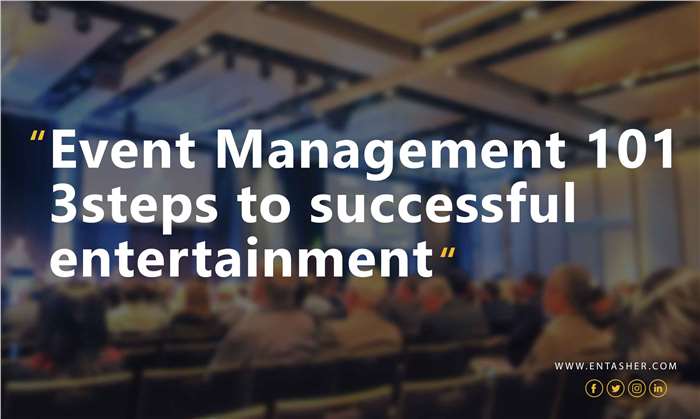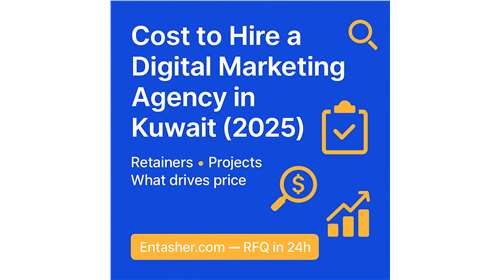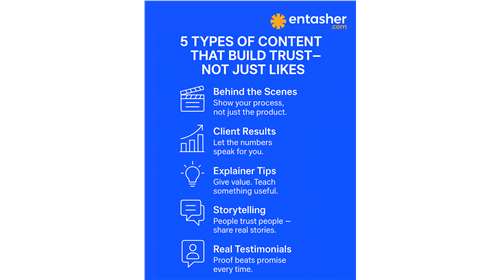
Event Management 101 3 steps to successful entertainment ✽

Event Management 101
3 steps to a successful entertainment
Successful professional event managers always follow those three steps to control glitches and not jeopardize an otherwise fabulous event.
Following those three steps will allow you to learn what works and what not for future events.
Step 1: Planning
Print and hang this quote "Failing to plan is planning to fail"
Whatever is done without a plan is a big failure if not instantly then it will be on installments.
Imagine the look on your boss's face if you forgot to plan the sequence of the presentations or if the number of seats is not enough!
Always start by planning strategically and involve the stakeholders
Strategy Wins:
Planning strategically makes plans whole. A must consider is the 5 W & 1 H concept: Why, When, Who, What, Where & How.
Why produce the event – what are your company’s goals?
When will it be held?
Who (and how many) will attend, and their demographics?
What will be the theme, or ‘vibe’?
Where will the event take place?
How will you provide value for (and entertain) guests?
How much to invest: What is your budget and how will you allocate it?
Be organized
Keep it simple and organized complicating things means the foundation is wrong and will make the implementation phase a never-ending hassle.
Keep one notebook or a file for your project and write everything down.
Update your to-do list and mark off tasks when completed
Know in advance all lead times and booking deadlines
Effective planning means you don't waste precious time wondering or second-guessing during the implementation phase
Consultative Approach
Better discuss and brainstorm plans with other stakeholders, this ensures you to get better results. Your team might share their experience or have interesting new ideas to consider, as they have seen what worked well in the past.
Step 2: Implementation
In this stage, plans are put into action. This is where most of the manager's time gets occupied. Event implementation has two main parts:
Lead up: Preparation in the lead up to the event
Showtime: What needs to be done during the event
Implementing the lead up:
1- Venue
● Available date/time
● Sufficient space/seating
● The right ambiance and lightning
● Transport options
● Select menus (or external catering)
● Read pricing and contracts carefully (ask for help if you’re not sure)
● Make booking
2- Entertainment
Booking entertainment could be tricky, make sure you get the right entertainers for your event style. Booking a strict house music dj for a wedding could be a disaster.
Before choosing the entertainers consider your goals from the event, the event format, audience composition, and your budget.
3- Theming
● Again keep in mind the audience composition and your goals
● Do you have in-house decorations or you are going to buy them? Or do you have the budget for a third-party who can provide this for you?
● Know the space, where the light comes from? Do you have tables and chairs? Is there umbrellas? does it has a ceiling?
● Organize any signage required
4- Equipment
● Make a list of the needed equipment by the presenters and entertainers and find if any could be provided by the venue.
● Send your supplier the needed equipment in a list with the make & model of each item.
5- Promotion
● Send your invitations to your guests or brief your PR/ad agency who can do this for you.
● Promote your event on the needed platforms (website, social media, tv/radio, email) and keep all design elements consistent
Showtime
● Arrive early: we suggest at least 4 hours prior to event starting time, to cover any unexpected last-minute surprises.
●Manage Talents: make sure each performer knows when and where he should be, make them familiar with the venue (take them for a tour if needed).
● Run sheet: keep a close watch on proceedings vs the run sheet and communicate any last-minute changes that need to be made.
● Photography: hire a professional photographer or ask a friend/colleague with good photography skills and a high-quality camera.
● Gather feedback: leave feedback forms on the table and/or chat with attendees to find out their thoughts.
Step 3: Evaluate
Gather feedback on what went well and what needs to be tweaked or changed. Collect this information from the attendees, colleagues, delegates, managers, stakeholders.
This will help you know your flaws and how to make your events better each time.
Send them promotions or discounts to encourage them to send their feedback.
That's all, now you have all the information needed to start your event. If you follow the Planning, Implementing and Evaluation processes as mentioned you will achieve high-quality results.
Check out the best Events Management companies in Egypt from this link: https://www.entasher.com/serviceprovider/84/Events-Management-Companies



https://vsviagrav.com/ - viagra